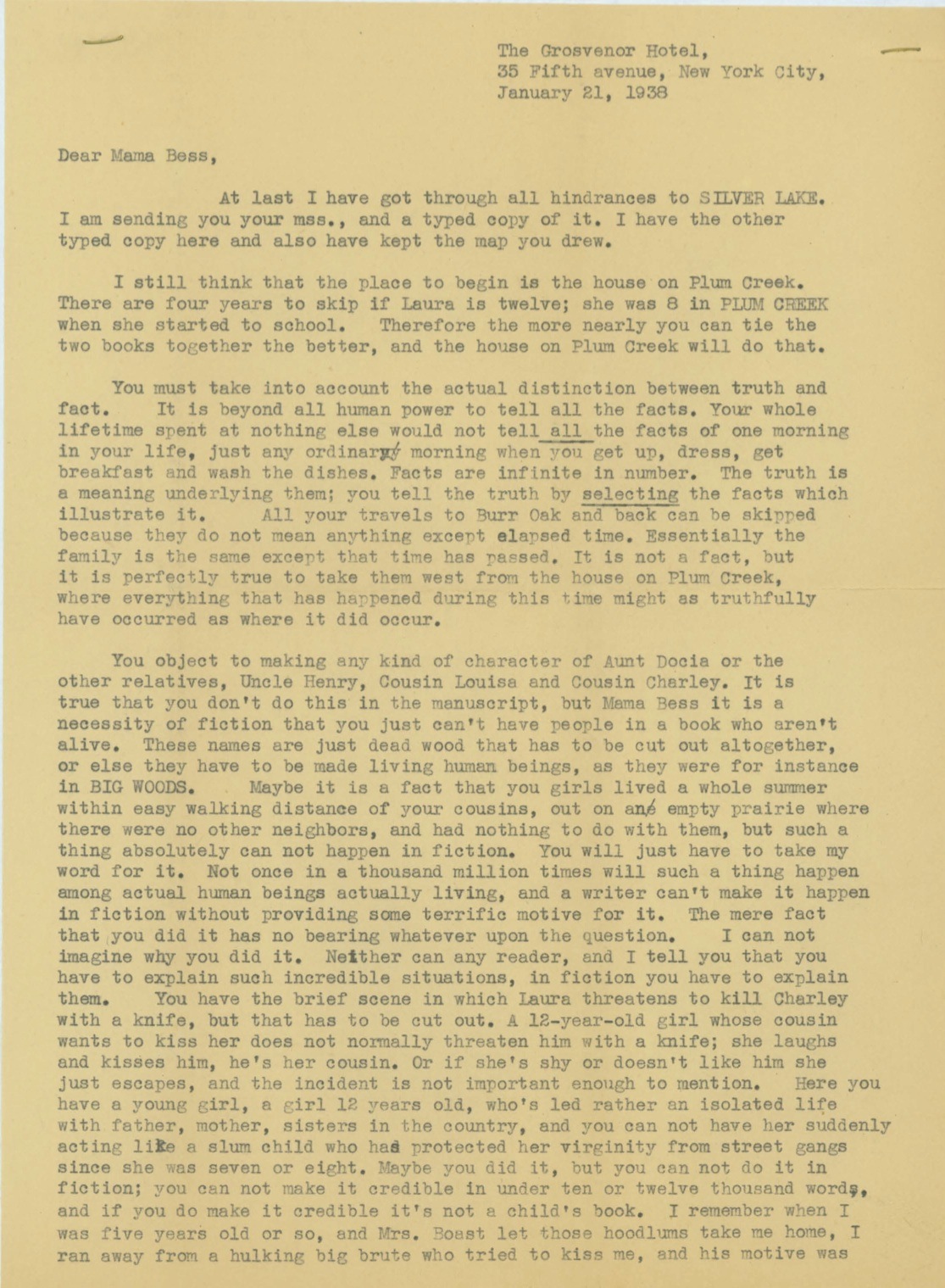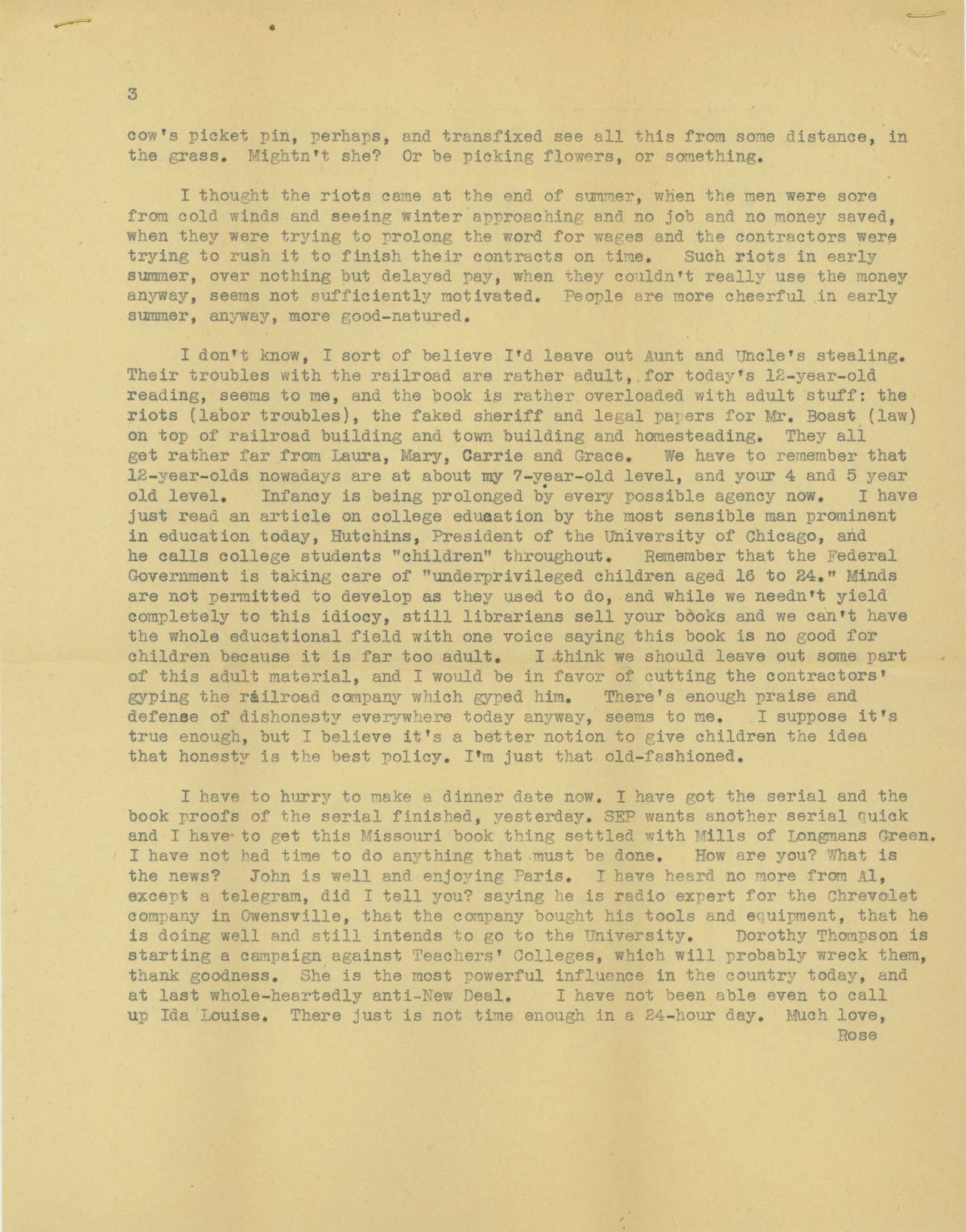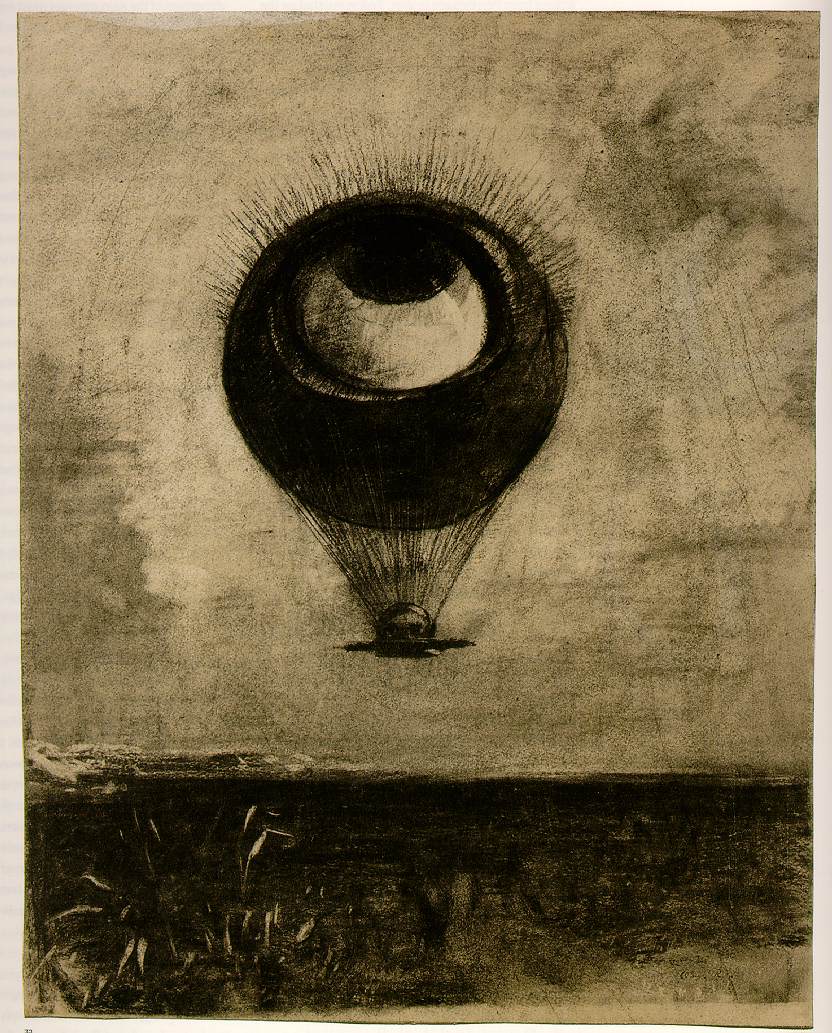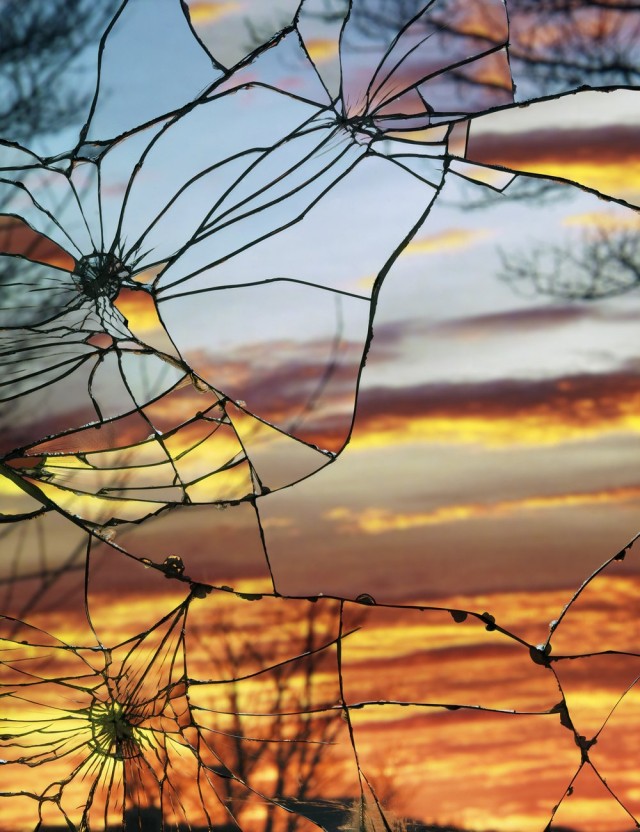Today on the walk back, for the last time, from the French class to the Louvre apartment, I passed the Armani store on the corner of the Boulevard Saint-Germain and the Rue de Rennes. It is very fancy-looking; the window display changes every day. I thought about going in and trying something on, just for fun. I thought: I could say to the clerk, in French, “Is it okay for me to come in and look even if I do not have the money to buy anything?” Then I thought: Armani, you are a store. Your door is open. I don’t have to ask permission to come in; and my backpack is just the kind of falling-apart leather that will make you suspect I am filthy rich. And in fact who cares if I’m dirt-poor; your door’s open.
So I went in and tried on two dresses, two pairs of jeans, and a fitted light leather jacket with an asymmetrical zipper. There were three thousand dollars of clothes with me in that dressing room. One dress was too tight, the other okay but not a great cut for me. The jacket was lovely, and the sleeves were nearly long enough. The jeans, however, were amazing: they were exactly long enough for me, and fit every curve precisely. Wie angegossen, as the Germans say (“as though poured on” — and they were poured on, being skinny jeans). If I had 225 euros I were only allowed to spend on skinny jeans, I know where I’d go.





